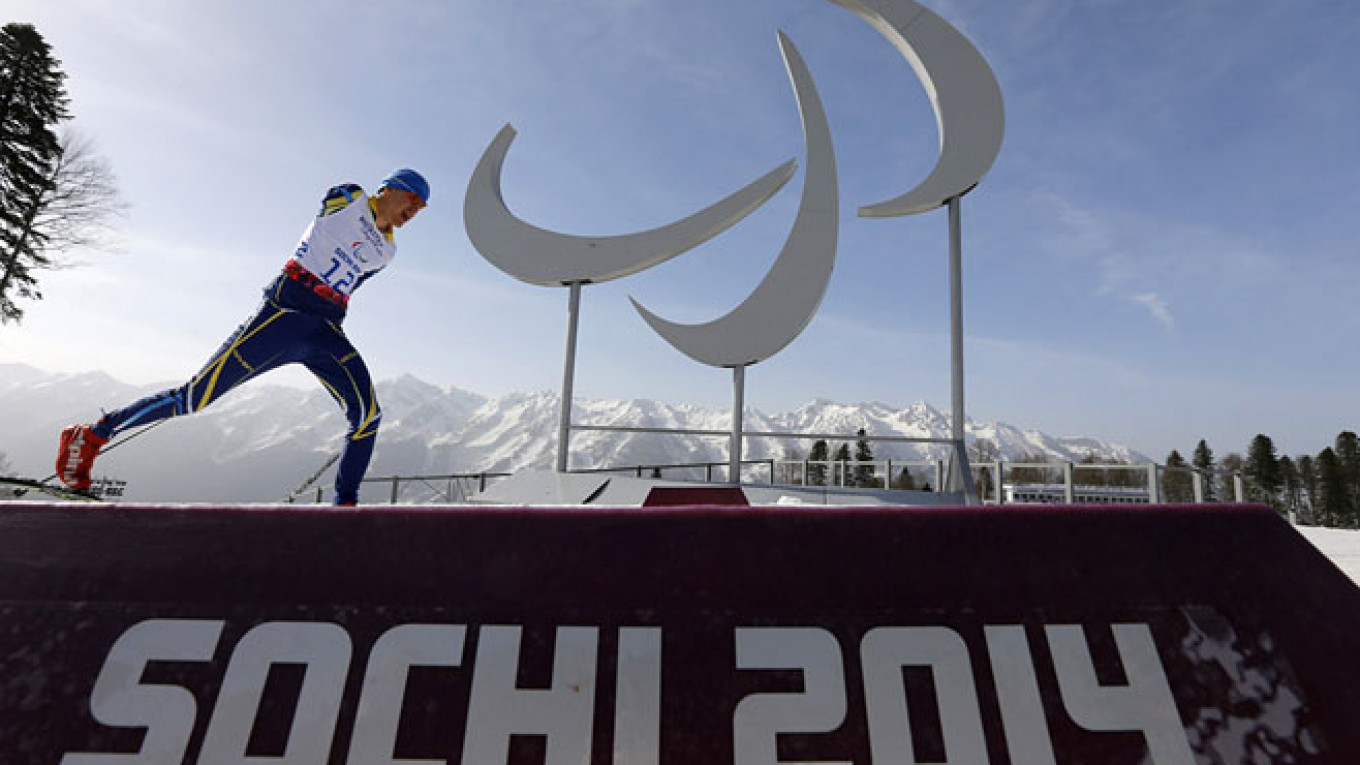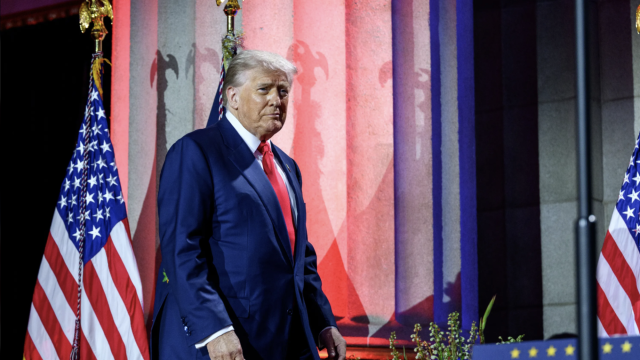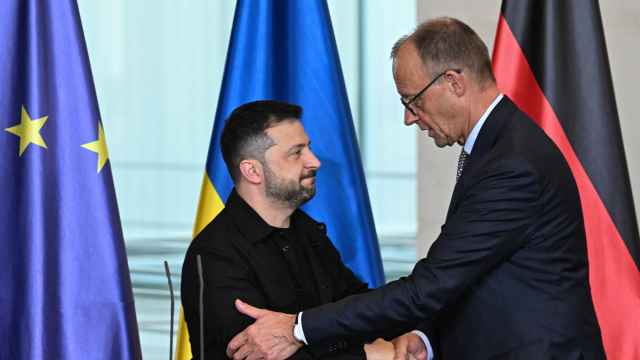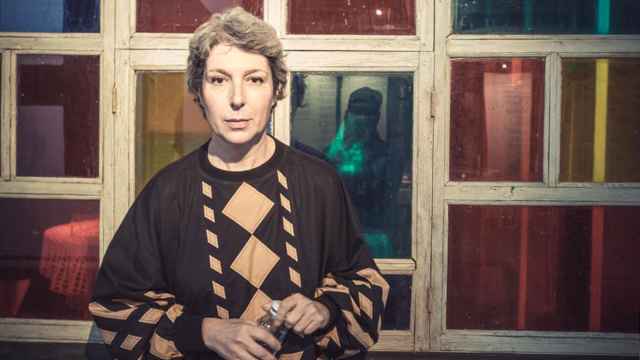SOCHI – Russia’s Yelena Remizova won a race containing just four athletes to take Paralympic gold in the women’s 15-kilometer cross-country ski event for visually impaired athletes.
Remizova’s winning time of 49 minutes 10.2 seconds was far ahead of the other three, allowing the Russian, a five-time world champion in cross-country, to claim her first career Paralympic medal and Russia's seventh gold of the Games so far.
The silver medal also went to Russia as Mikhalina Lysova, the gold medalist in Saturday’s 6 km biathlon, finished 1 minute 37.3 seconds off the lead.
Forty-five-year-old Belarussian Yadviha Skorabahataya trailed in third for bronze, five minutes further back.
The only other woman in the race was Canadian Margarita Gorbounova, a Russian-born professional translator who was more than 15 minutes off the pace and nine minutes off the time set by the next-slowest competitor.
Earlier in the day, Russia’s Rushan Minnegulov won the men’s 20 km standing event. Minnegulov led at every stage of the race as he finished in a time of 50 minutes 55.1 seconds, a full 36.4 seconds ahead of second-placed Finn Ilkka Tuomisto. The bronze went to Russia’s Vladislav Lekomtsev, who won the 7.5 km biathlon event on Saturday.
Canada’s Brian McKeever won gold in the visually impaired 20km and Helene Ripa of Sweden won her first Paralympic medal at the age of 42 after victory in the women's 15 km standing race.
Paralympic cross-country events use the principle of "calculated time," under which an athlete's time is modified by a percentage reflecting the severity of their disability.
Russia is a regular at the top of Paralympic medal tables, and this year has been no exception. At the conclusion of the third day of events on Monday, Russia was far ahead of all other nations with seven golds and 24 overall medals. Germany had the second-most gold medals with three, while Ukraine was in third place with two gold medals and seven overall.
Last week, International Paralympic Committee president Philip Craven said the Sochi Paralympics would bring about wide-ranging change to the way Russians see disabled people.
Accessibility for disabled people has been a guiding principle of Olympic and Paralympic construction in Sochi, a contrast to the often difficult-to-navigate architecture that confronts many disabled people in Russia.
The Paralympic Games have received almost no television coverage in the past, but this year state channels have promised about 180 hours of coverage.
"I truly believe Russia's first Paralympics can have the biggest impact on the host country, helping to transform the lives of 13 million Russians with an impairment," Craven said Thursday.
"Just by staging these Games, Russia is sending a clear message to the world that it is willing and wanting to change."
Compared with London, the host of the 2012 Summer Paralympics, Russia is at a "further back starting point" on attitudes toward disabled people, IPC spokesman Craig Spence said Thursday.
But that lays the ground for "monumental change here in Russia" thanks to the Paralympics, he said. "It is the athletes who will make that change."
The Paralympics run until March 16.
A Message from The Moscow Times:
Dear readers,
We are facing unprecedented challenges. Russia's Prosecutor General's Office has designated The Moscow Times as an "undesirable" organization, criminalizing our work and putting our staff at risk of prosecution. This follows our earlier unjust labeling as a "foreign agent."
These actions are direct attempts to silence independent journalism in Russia. The authorities claim our work "discredits the decisions of the Russian leadership." We see things differently: we strive to provide accurate, unbiased reporting on Russia.
We, the journalists of The Moscow Times, refuse to be silenced. But to continue our work, we need your help.
Your support, no matter how small, makes a world of difference. If you can, please support us monthly starting from just $2. It's quick to set up, and every contribution makes a significant impact.
By supporting The Moscow Times, you're defending open, independent journalism in the face of repression. Thank you for standing with us.
Remind me later.






